
OR
KMC to manage only segregated waste from households itself
Published On: February 3, 2024 09:00 AM NPT By: Republica | @RepublicaNepal
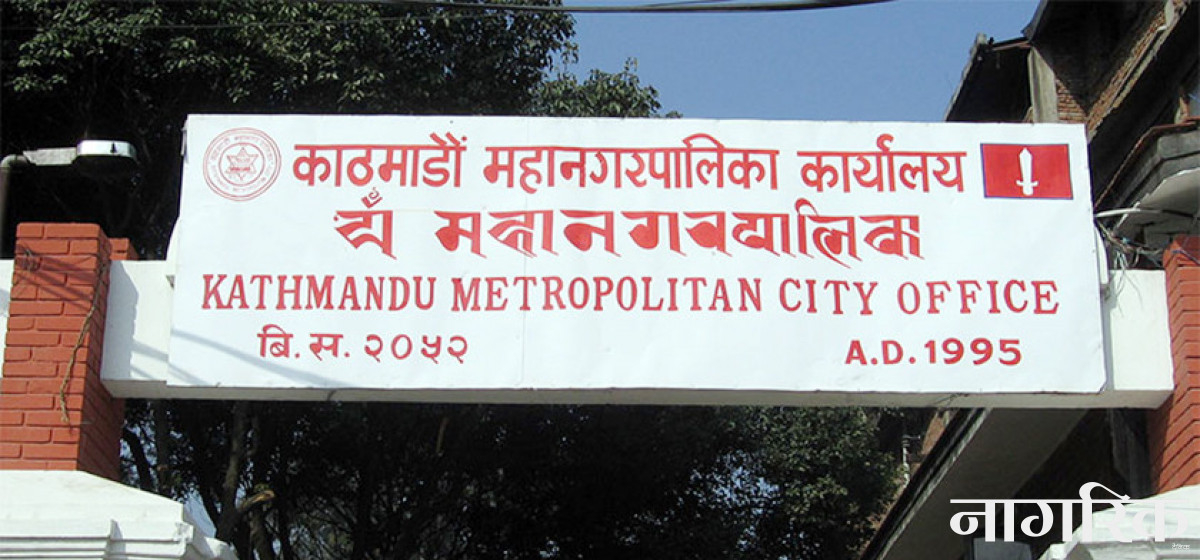
KATHMANDU, Feb 3: The Kathmandu Metropolitan City (KMC) has decided to manage only those waste that is segregated as biodegradable and non-biodegradable waste from the households itself.
The KMC says it will start the classification process from Ward No 5, 12 and 27 immediately. After some time, it will manage only the classified waste from all 32 wards. According to Rabin Man Shrestha, the head of KMC's Environment Management Department, even though the KMC had announced to manage waste only after classification a year and a half ago, the process was not implemented effectively.
Shrestha said that the effort to identify location is also going on in Banchare Danda, where classified waste can be managed. Along with the waste classification, the KMC will also organize the sale of reusable waste materials recovered during the classification. According to Shrestha, the citizens will be informed about the benefits and requirements of segregating waste at the source.
How should waste be classified?
Waste can be broadly categorized into two types, i.e. biodegradable and non-biodegradable in the kitchen itself. Proper classification involves separating biodegradable waste into designated containers and doing the same for non-biodegradable waste. Those producing non-biodegradable waste can sell it directly. Waste producers can also create compost themselves. If composting is not feasible, the waste can be collected by KMC's waste collection vehicles for appropriate disposal.
Biodegradable waste includes vegetables (green vegetables), excess food, fish, meat, bones, eggs, tea leaves, fruit peels, food waste, and tree leaves, which are materials that decompose naturally. On the other hand, non-biodegradable waste comprises plastic, glass, paper, clothes, shoes, packaged goods, wood, rubber, cement bags, bottles, iron, and similar items that do not break down easily in the environment.
Additionally, sanitary pads, diapers, empty pesticide bottles, expired medicines, masks, personal protective clothing (PPE), gloves, broken glass, and dust and soil from house cleaning are considered as classified waste. At present, the amount of pharmaceutical waste and diapers is increasing more than sanitary pads in urban areas. Such waste should be stored in a dedicated container rather than a compostable or non-compostable receptacle. Sorting waste into separate bins based on its nature is essential. The department is arranging suitable vehicles for the efficient management of classified waste.
You May Like This
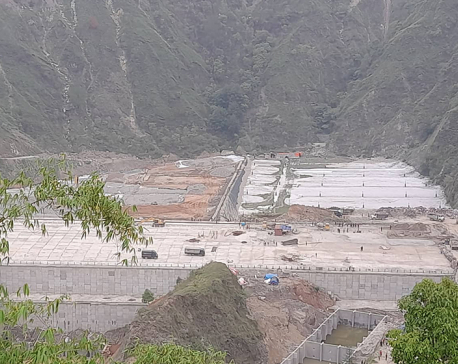
Locals threaten to obstruct dumping of garbage in Banchare Danda from August 17
KATHMANDU, July 28: The locals of Banchare Danda have announced that they will not allow the Kathmandu Valley’s waste to... Read More...
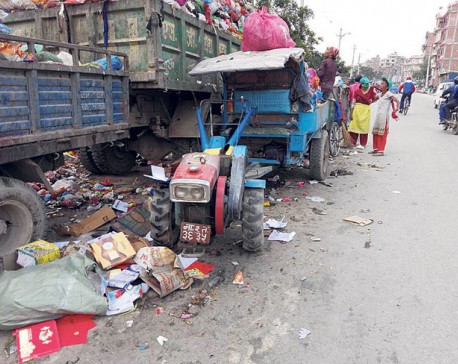
KMC to collect biodegradable and non-biodegradable waste separately from today
KATHMANDU, July 17: Kathmandu Metropolitan City (KMC) has started separately collecting biodegradable and non-biodegradable waste beginning Sunday. For this, the... Read More...


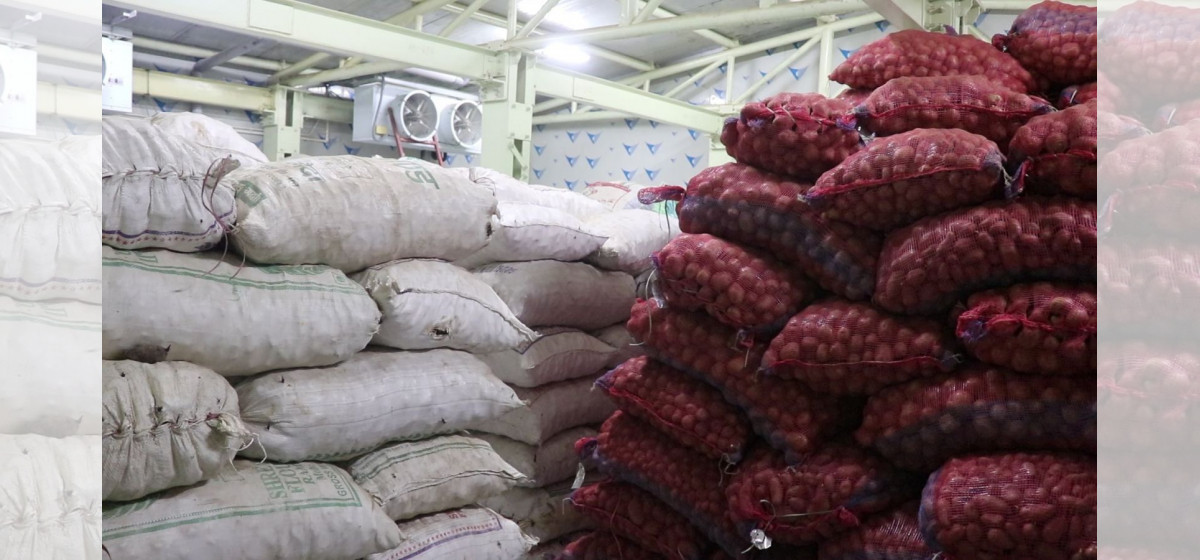

Just In
- Captain Paudel scores half-century in T20 match against West Indies 'A'
- Nine youths from Tanahu allegedly joining Russian army out of family contact for months
- West Indies 'A' sets Nepal a target of 205 runs
- Parliamentary committee directs govt to provide electricity tariff subsidies to cold storage facilities
- Former DoTM employee Bhatta arrested in connection with illegal license issuance case
- One killed in a fire incident in Dadeldhura
- JSP Central Executive Committee meeting being held today to discuss national convention representative election guidelines
- KMC adjust office hours, services now start at 9AM










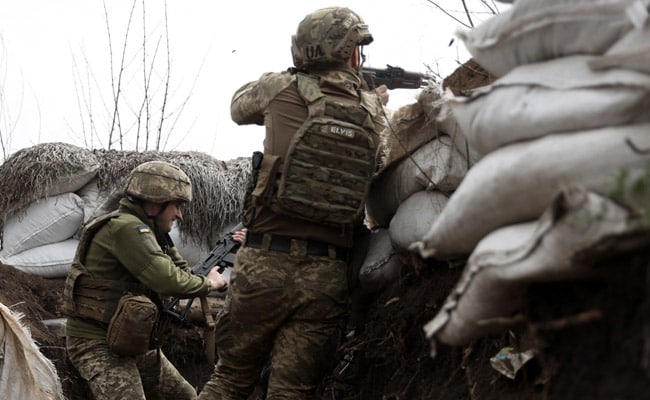

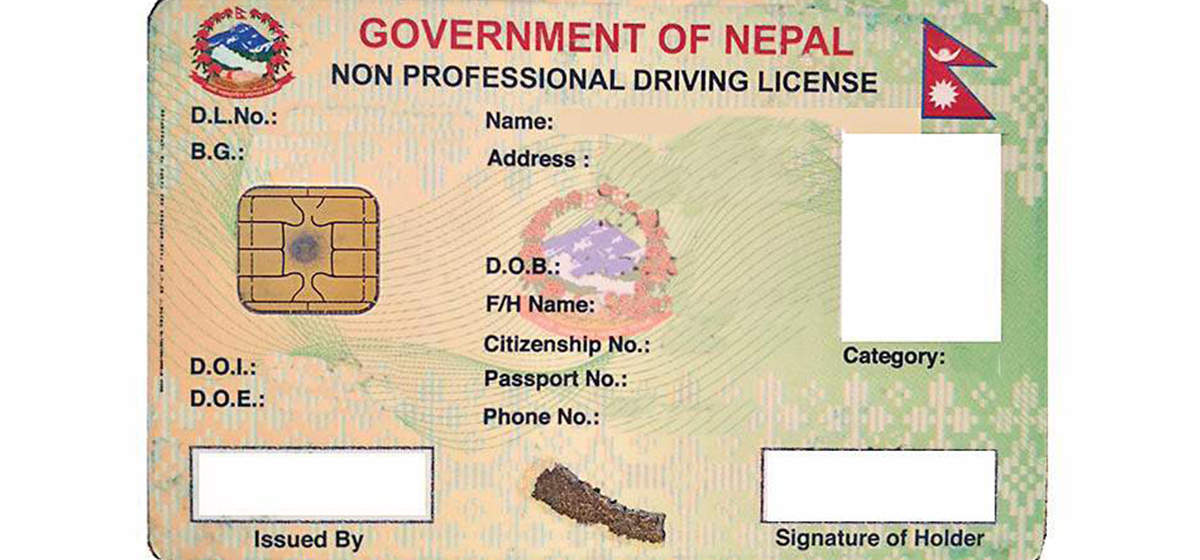
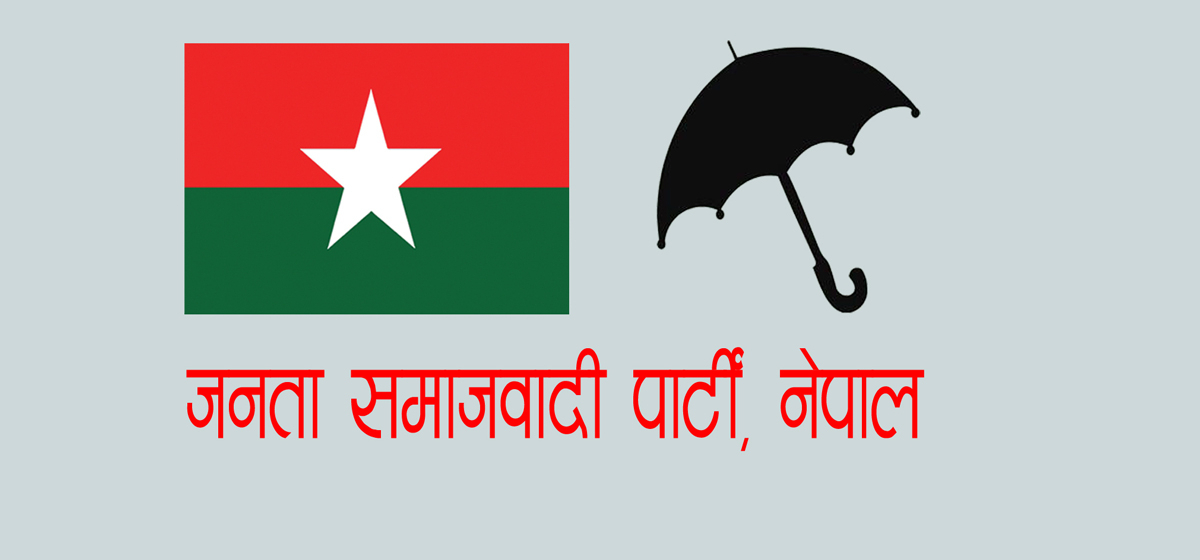

Leave A Comment